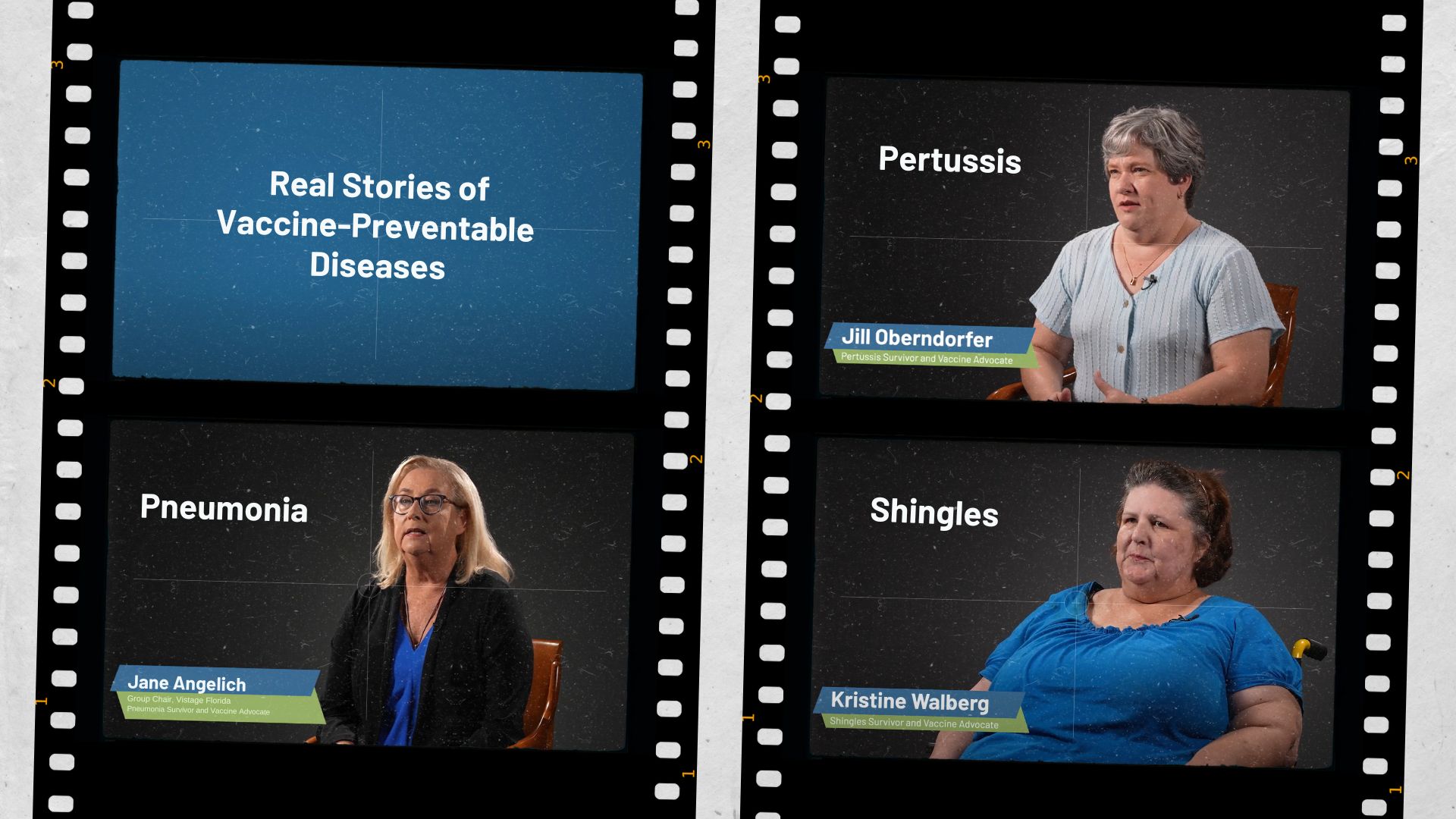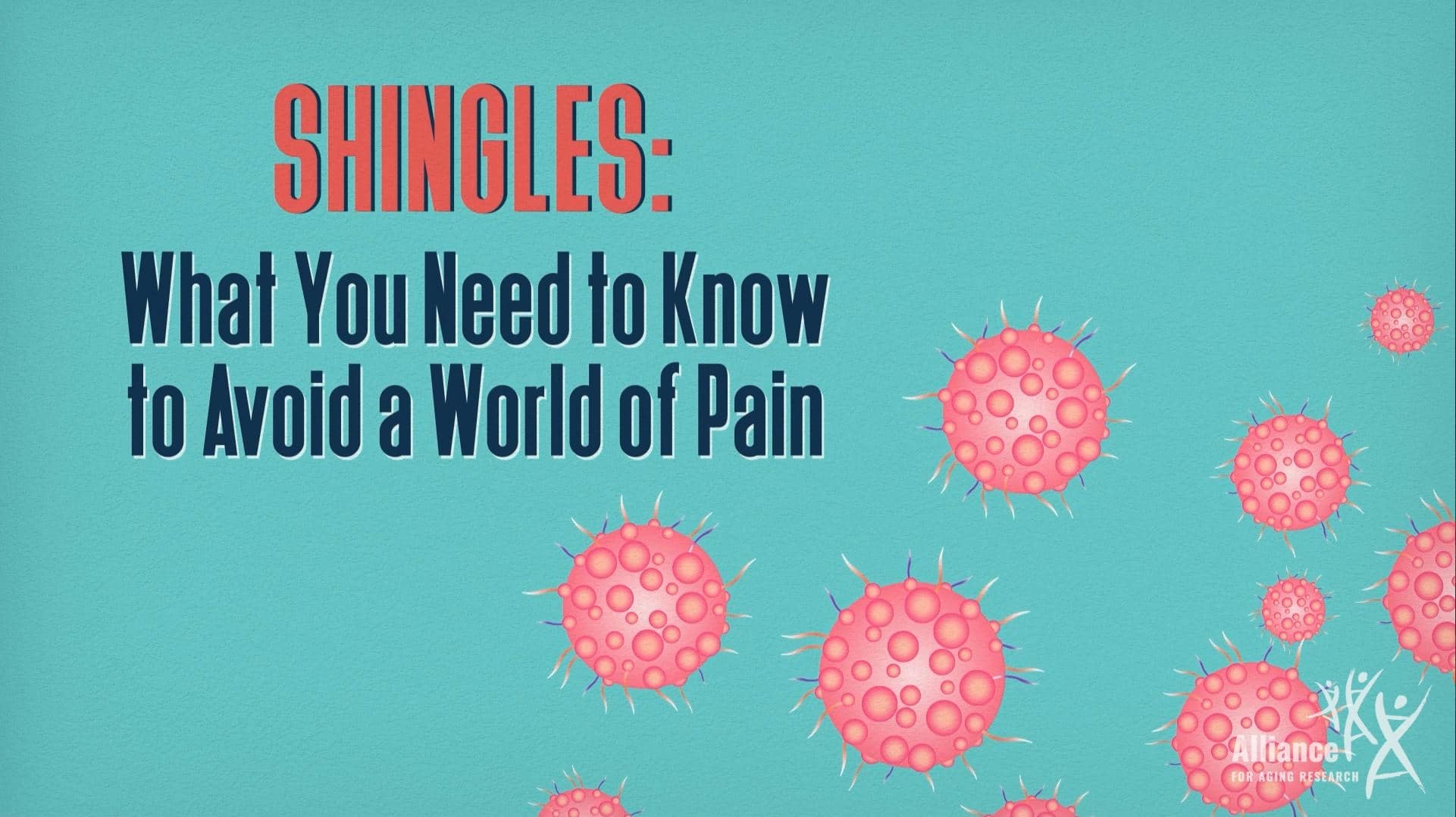
Dr. David Gremillion is a retired Air Force Colonel and retired Professor of Medicine, UNC School of Medicine. He serves on the Board of Directors of the Men’s Health Network. Below, Dr. Gremillion writes about the importance of Men’s Health Month.
For 25 years we have celebrated June as Men’s Health Month. It is an opportunity to remind men and those who love them that their health is important, not just to them, but to their families and their communities. We need this brief season of awareness to give men the permission they need to focus on their health needs without appearing weak or self-serving. We need to understand that our loved ones have important health care needs but if we neglect our own, we create risk for them, our communities, our workplace and ourselves. The ripple effect of neglecting our health causes reduced security and health for others.
At an early age, boys and young men learn from their role models, social media, public portrayals of male roles and others, that showing weakness is not allowed. The expectation is that we can handle all of the cuts, bruises, and scrapes and “work or play through” in a manner that does not attract negative attention. This may work with a bruised knee from a playground fall at age 8, but it is a deadly attitude at age 45 when our chest “indigestion” lingers and causes left arm pain, a sign of heart disease. This attitude serves us poorly at later ages when our urinary stream weakens or contains blood.
The permission we need to break these social limitations on self-awareness comes from the public message of Men’s Health Month and from those who know us best, our families, spouses, daughters, those who know the importance of regular health checks because of their own familiarity with the health system. Men visit physicians half as often as women but this does not mean they are healthier; it means they are playing out a subconscious script that will not allow them to show weakness. We need to turn that around by understanding that maintaining our health is a sign of strength, not weakness. Just as regular maintenance on our car improves function and durability, regular checkups for our health keeps us in working order.
Here are some things men can do to get on track with their health care. First, recognize that a gentle reminder by a loved one is not “nagging,” it is a caring gesture. Second, get a check-up. If you have insurance, it is worth the co-pay. If you don’t have insurance, seek out one of the many community opportunities for screening and health checks. Visit menshealthnetwork.org to find good ideas or articles on questions you may have. Third, it is important to remember that many important health concerns, high blood pressure, diabetes, cancer, prostate disease and others are silent with few signs in early stages, but have serious consequences if neglected.
For too long we have accepted as inevitable that “Men live sicker and die younger than women.” It is time to change that, and that change begins in the hearts and minds of men and those who love them. Resolve today to seek out a healthier life style with improved diet, exercise, and health screening.






